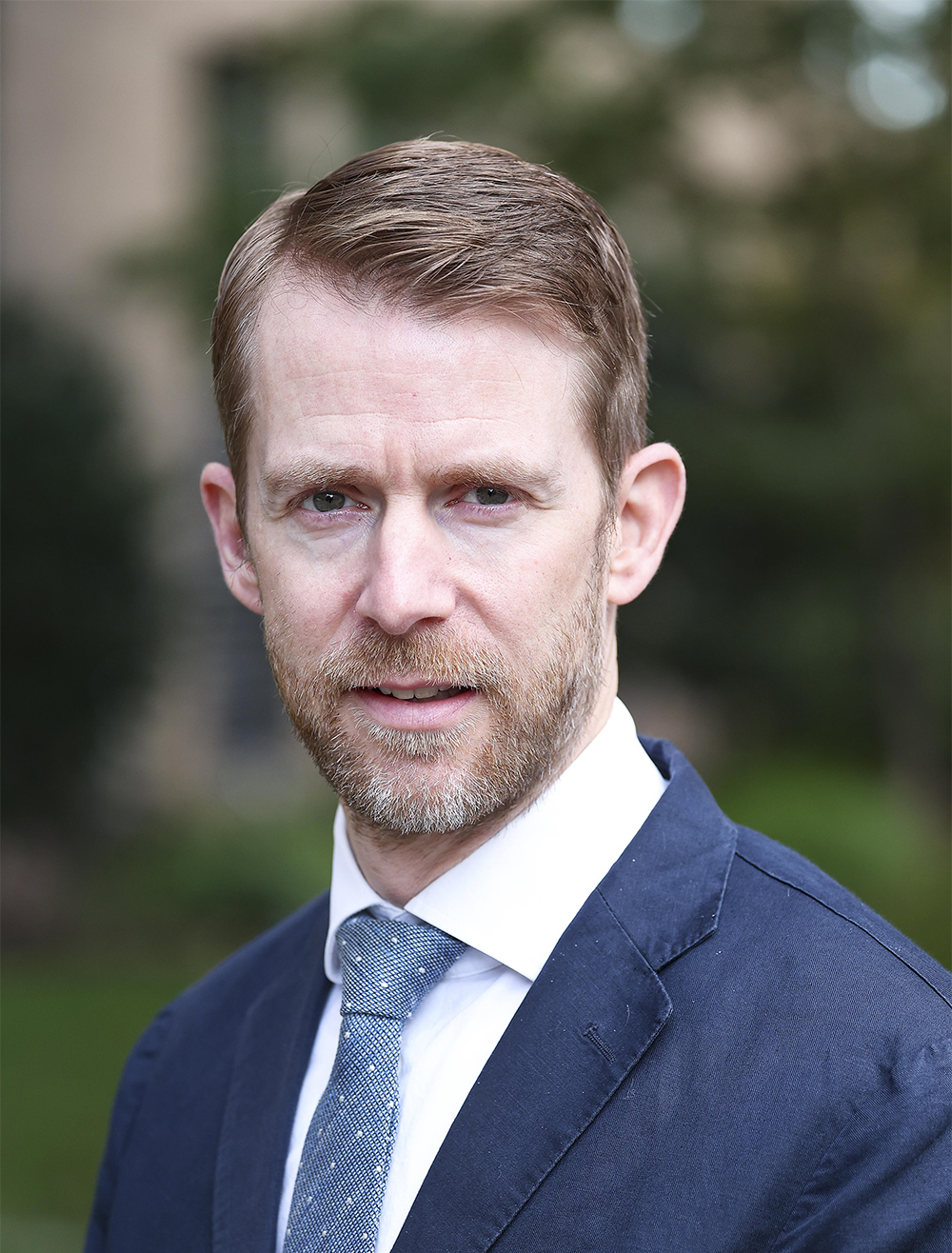The uprisings showed that foreign military intervention rarely produced democratic breakthroughs.
Amr Hamzawy, Sarah Yerkes
{
"authors": [],
"type": "pressRelease",
"centerAffiliationAll": "",
"centers": [
"Carnegie Endowment for International Peace"
],
"collections": [],
"englishNewsletterAll": "",
"nonEnglishNewsletterAll": "",
"primaryCenter": "Carnegie Endowment for International Peace",
"programAffiliation": "",
"programs": [
"Asia"
],
"projects": [],
"regions": [
"East Asia",
"China",
"Taiwan"
],
"topics": [
"Security",
"Military"
]
}
REQUIRED IMAGE
The balance of power in the Taiwan Strait has not shifted in China’s favor, but China’s acquisition of new military capabilities threatens cross-strait stability, argues a new volume from the Carnegie Endowment.
FOR IMMEDIATE RELEASE: July 17, 2007
– NEWS RELEASE –
WASHINGTON, July 17—The balance of power in the Taiwan Strait has not shifted in China’s favor, but China’s acquisition of new military capabilities threatens cross-strait stability, argues a new volume from the Carnegie Endowment.
Assessing the Threat: The Chinese Military and Taiwan’s Security, is a comprehensive study of the dangers of military escalation in the Taiwan Strait, the latest advances in capabilities of the People’s Liberation Army, and China’s security relationship with the United States and the Asia-Pacific. Edited by Michael D. Swaine, Andrew N.D. Yang, and Evan S. Medeiros, with Oriana Skylar Mastro, the volume offers concrete suggestions and crisis management practices for government and military leaders in Washington, D.C., Beijing, and Taipei.
Key Conclusions:
If regional relations are mismanaged, Chinese and U.S. actions and reactions in a Taiwan situation could adversely affect Sino-American relations and force other countries in the region to choose sides in a deepening dispute over Taiwan. On the other hand, if properly handled, regional relations with both Beijing and Washington could act as a mutual deterrent to possible provocations originating from Beijing, Washington, and/or Taipei, concludes the volume.
###
Notes:
The uprisings showed that foreign military intervention rarely produced democratic breakthroughs.


Amr Hamzawy, Sarah Yerkes
China has found a unique niche for itself within the global security ecosystem, eschewing military alliances to instead bolster countries’ internal stability using law enforcement. Authoritarian regimes from the Central African Republic to Uzbekistan are signing up.

Temur Umarov
As states without nuclear weapons develop nuclear-powered submarines, can NWFZ regimes adapt to manage new technical, legal, procedural, and normative challenges?


Jamie Kwong, ed., Toby Dalton, ed., Celia McDowall, ed.
As the first states without nuclear weapons set to acquire nuclear-powered attack submarines, Australia and Brazil face new questions and challenges as they seek to responsibly manage the risks of naval nuclear propulsion.


Jamie Kwong, ed., Toby Dalton, ed.
What should happen when sanctions designed to weaken the Belarusian regime end up enriching and strengthening the Kremlin?

Denis Kishinevsky